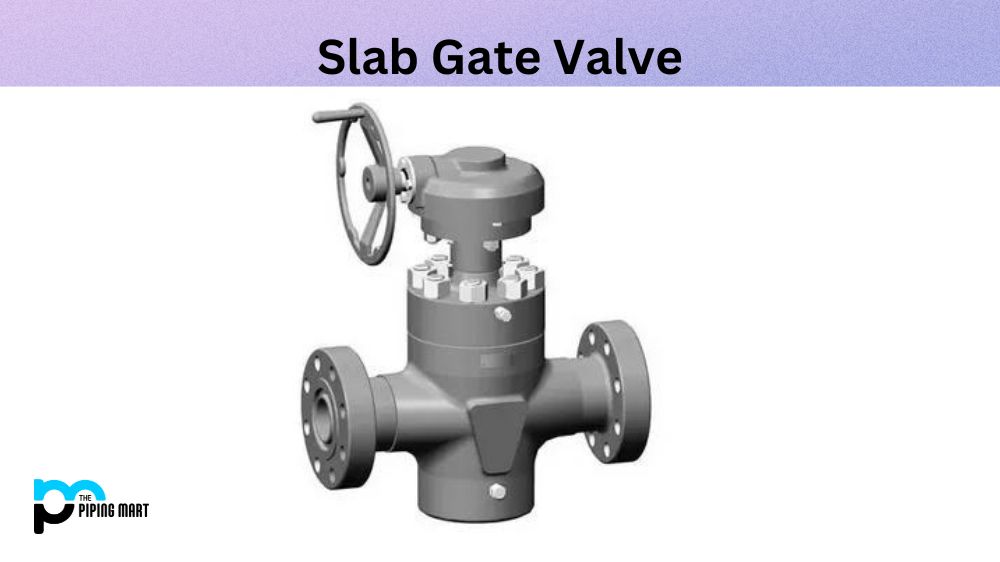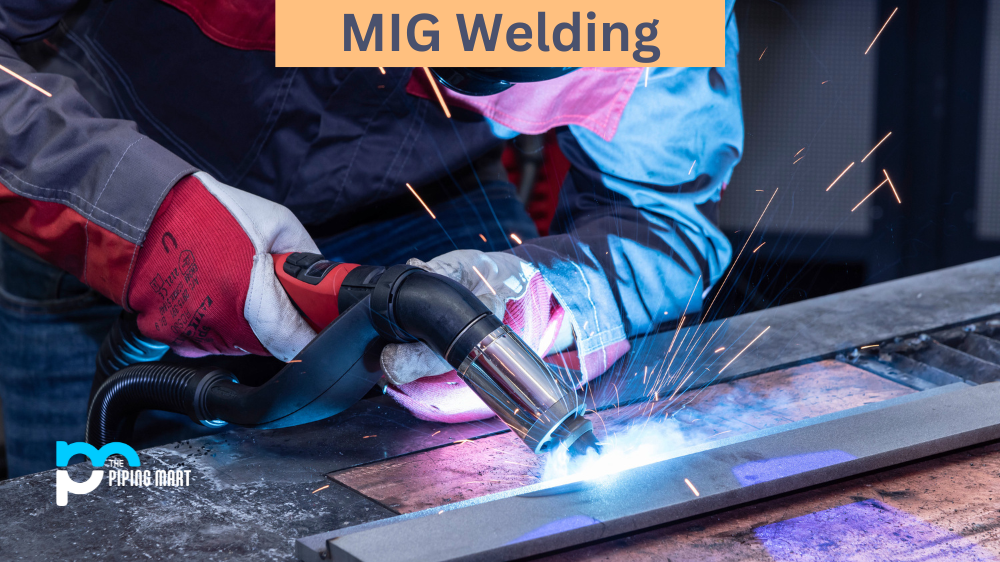Slab gate valves, also known as through conduit gate valves, are used in various industries such as petrochemical, oil and gas, and mining. They are designed to be durable and reliable in handling high-pressure and high-temperature applications. This blog post will discuss the different types of slab gate valves and their uses. By the end of this post, you will better understand which type of valve is suitable for your particular application.
Expanding Gate Valve
The expanding gate valve is commonly used in pipelines ranging from 2 to 48 inches in diameter. It is designed with an expanding gate that seals against both the upstream and downstream seats when the valve is closed. This design makes it suitable for high-pressure applications. The expanding gate is typically stainless steel, while the seat rings are hardened materials like tungsten carbide or stellite. This valve is ideal for tight shutoff applications, such as gas transmission lines.
Slab Gate Valve
The slab gate valve is named after the type of gate it uses. The gate is typically made of two solid pieces of metal that fit snugly together to create a seal. This design makes it ideal for applications that produce sand or solid particles, as the gate eliminates the potential for clogging and damage to the valve. The slab gate valve is also suitable for high-temperature applications as the metal gate is resistant to corrosion and heat. Typical applications include oil and gas production, refining, and processing.
Through Conduit Slab Gate Valve
The through conduit slab gate valve is designed with a smooth flow path that minimizes pressure drop and turbulence. The valve is capable of handling abrasive and erosive fluids or gases. This type of valve is particularly useful in applications that require flow regulation and control, such as oil and gas pipelines. The through conduit design ensures the valve is completely open, allowing it to pass pigs or balls through the valve without obstruction.
Double Block and Bleed Slab Gate Valve
The double block and bleed slab gate valve is unique in providing dual isolation and allowing for bleed-off between the seals. It is suitable for applications that require the highest level of safety and shut-off, such as high-pressure pipelines, storage tanks, and loading/unloading terminals. The double block and bleed valve are designed to provide a redundant seal that minimizes the risk of leakage. This type of valve typically includes two slab gates that seal opposite directions.
Wedge Gate Valve
The wedge gate valve is commonly used in pipelines requiring tight shutoff. It is designed with a gate with two inclined faces that converge to produce a wedge. The wedge is designed to fit into a matching inclined seat, tightly sealing the valve when closed. The wedge gate valve is typically used in high-pressure and high-temperature applications, making it ideal for oil and gas, refining, and chemical processing industries.
Conclusion:
Slab gate valves are a popular choice for industries that require reliable and durable valves that can handle high-pressure and high-temperature applications. Each slab gate valve type has unique characteristics that make it suitable for specific applications. Understanding the different types of slab gate valves and their uses can help you decide when selecting a valve for your particular application. If you need assistance selecting the right valve for your application, seek the guidance of a reputable valve supplier or manufacturer.

Pipingmart is a B2B portal that specializes in metal, industrial and piping items. Additionally, we share the latest information and information about materials, products and various types of grades to assist businesses that are involved in this business.




